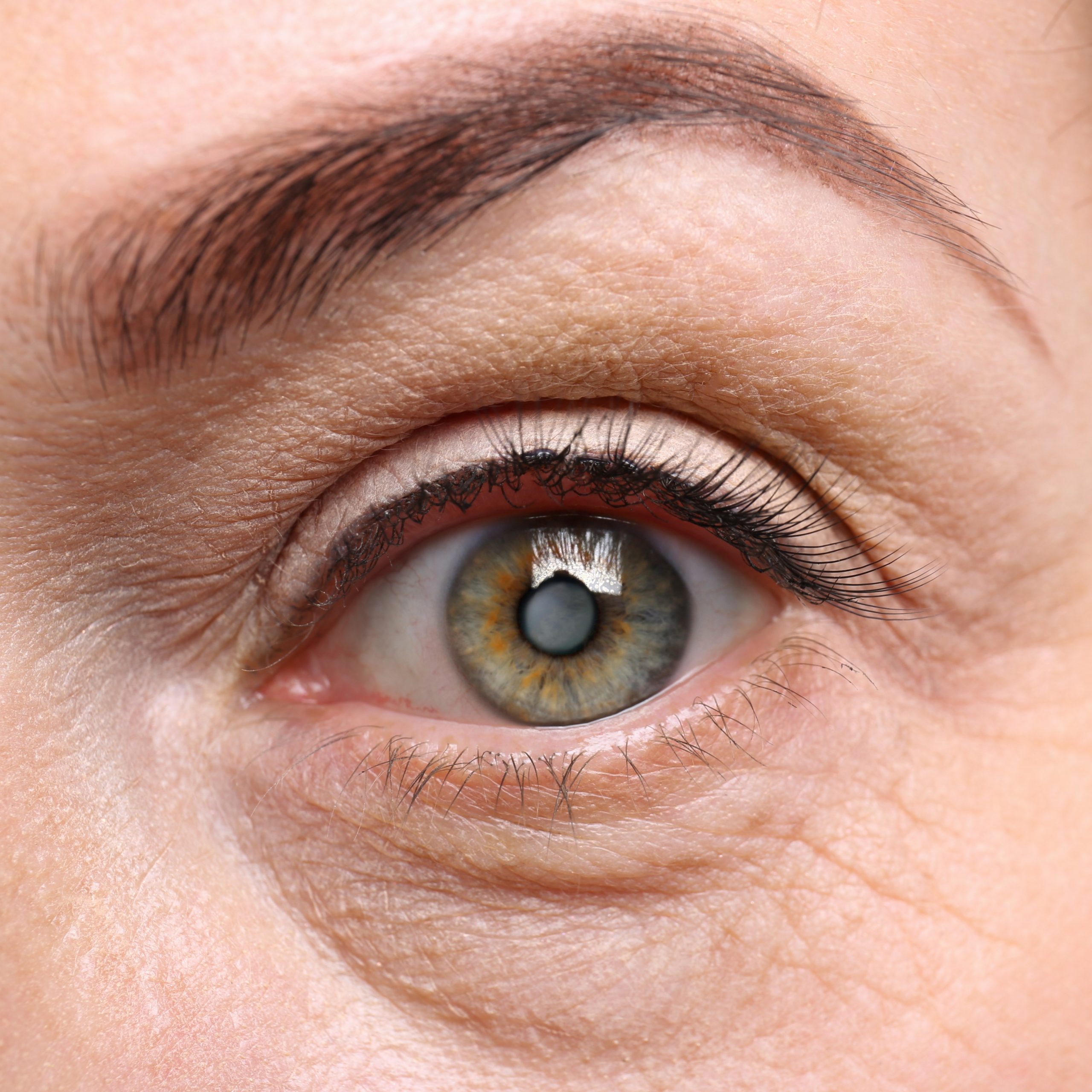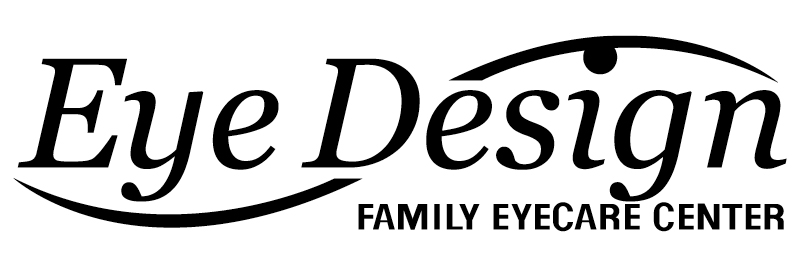Your Eye Disease Solutions in Clinton
Many eye diseases, such as glaucoma and macular degeneration, can have subtle or no symptoms in their early stages, making regular eye exams and proactive management critical. Our optometrist at Eye Design in Clinton diagnoses, treats, and manages various eye diseases to protect your vision.
Early detection through comprehensive eye exams can significantly reduce the risk of severe vision impairment. By staying ahead of these conditions, we can tailor treatment plans that keep your eyes healthy and your vision clear for years to come.

Ocular Diseases We Treat at Eye Design
Guarding Against Glaucoma
Glaucoma is a group of eye diseases caused by increased intraocular pressure (IOP), which can damage the optic nerve and result in vision loss. There are several types of glaucoma, including open-angle and angle-closure glaucoma, each with its own symptoms. Common symptoms may include gradual peripheral vision loss, tunnel vision, and, in some cases, eye pain or redness. Our optometrist plays a vital role in glaucoma management, performing comprehensive eye exams, monitoring IOP, and even prescribing topical drugs such as eye drops to lower pressure and prevent further optic nerve damage.
Prescribing Topical Drugs for Glaucoma
Topical medications for glaucoma are typically in the form of eye drops. These medications lower IOP and reduce the risk of progressive vision loss. It all starts with early diagnosis during comprehensive eye exams. After diagnosis, our optometrist will select the appropriate medication from categories like prostaglandin analogs, beta-blockers, alpha agonists, and carbonic anhydrase inhibitors based on the patient's type of glaucoma, medical history, and response to treatment. We also ensure patients understand how to use their medication, potential side effects, and the importance of monitoring IOP, assessing visual function, and coordinating care with ophthalmologists when needed.

Macular Degeneration Defense
Age-related macular degeneration (AMD) is a leading cause of vision loss among older adults. It affects the macula, the central part of the retina responsible for sharp central vision. AMD can occur as dry AMD or wet AMD. Dry AMD typically progresses slowly and is caused by yellow deposits called drusen collecting in the retina. Wet AMD involves the growth of abnormal blood vessels beneath the macula. Symptoms may include blurred or distorted central vision. Our optometrist diagnoses and monitors AMD, provides guidance on lifestyle changes, and coordinates referrals to ophthalmologists for advanced treatment options when necessary.
Cataract Co-Management
Cataracts are the clouding of the eye's natural lens that happens as we age. They cause progressive vision impairment, often resulting in blurry or cloudy vision, sensitivity to light, and difficulty seeing at night. We offer cataract co-management, working alongside ophthalmologists to monitor cataract development and assess the need for surgery. We also provide pre-operative and post-operative care, ensuring that patients experience a smooth transition to clearer vision after cataract surgery.
Safeguarding Against Diabetic Retinopathy
Diabetic retinopathy is a potentially sight-threatening condition that affects individuals with diabetes. It occurs when elevated blood sugar levels damage the blood vessels in the retina. In its early stages, diabetic retinopathy may not exhibit noticeable symptoms, making regular eye exams critical for early detection. Our eye doctor detects and monitors this eye disease, ensuring they coordinate their treatment plan with your diabetes healthcare providers.
Prescribing Oral Medications for Eye Disease
While topical eye drops are often the first line of treatment for many eye conditions, some cases may require oral medications to manage underlying issues. Depending on your unique case, our eye doctor may prescribe oral medications to address specific eye conditions or physical factors contributing to your eye problems. These medications can include antibiotics for eye infections, anti-inflammatory drugs for uveitis, or drugs to manage conditions like glaucoma.


Use of Injectables in Eye Disease Care
Injectable medications, such as anti-VEGF drugs, are often used to treat various eye conditions, including wet age-related macular degeneration and diabetic macular edema. Our optometrist may administer these injections as part of a patient's treatment plan, providing targeted therapy to slow the progression of these vision-threatening conditions.
Oral steroids, such as prednisone, are powerful anti-inflammatory medications that optometrists may prescribe in certain situations. They can manage severe eye inflammation caused by uveitis or optic neuritis. Optometrists carefully weigh the potential benefits and risks of oral steroid use, monitoring patients closely and coordinating care with other specialists when needed.
If you’d like to learn more or have any concerns, book an appointment at Eye Design in Clinton today.
